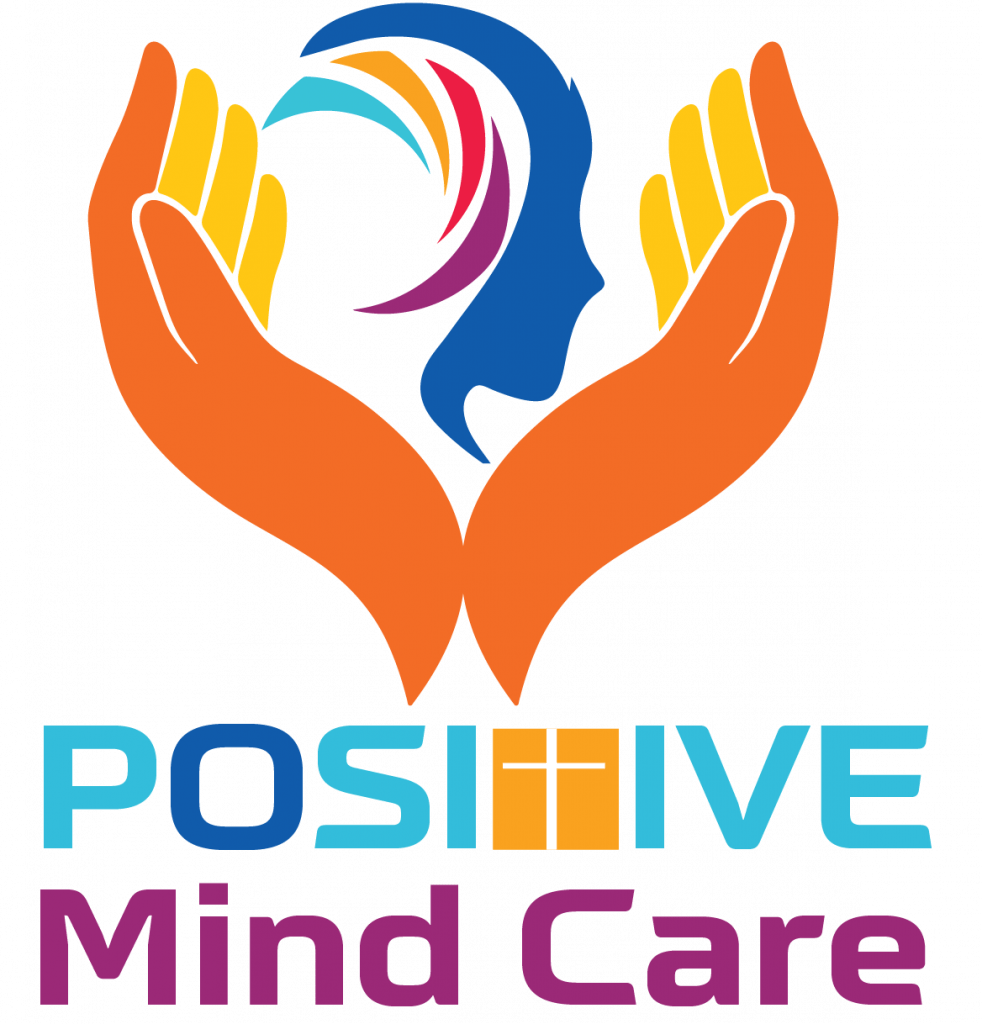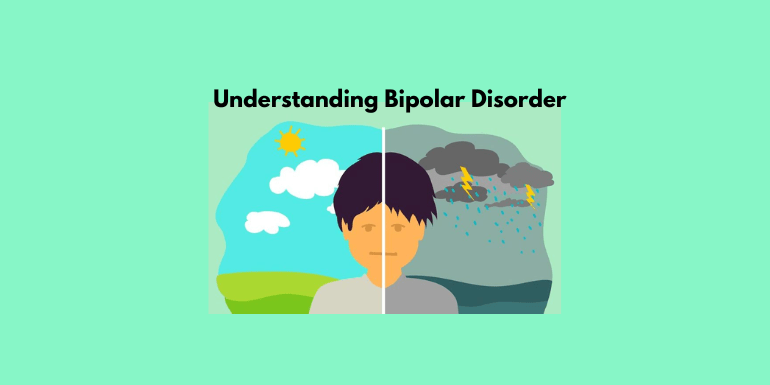Bipolar disorder, once known as manic depression, is a mental health condition characterized by extreme shifts in mood, energy levels, and behavior. It affects millions of people worldwide, yet it remains widely misunderstood. By fostering a deeper understanding, we can support those living with bipolar disorder and break the stigma surrounding mental illness.
Bipolar disorder is a chronic condition that involves episodes of mania and depression. During manic episodes, individuals experience heightened energy, racing thoughts, impulsive behavior, and an exaggerated sense of self-confidence. On the other hand, depressive episodes bring about feelings of sadness, hopelessness, loss of interest, and low energy levels. These shifts can be severe and disrupt daily life, relationships, and overall well-being.
While the exact causes of bipolar disorder are not fully understood, researchers believe it results from a combination of genetic, biological, and environmental factors. Having a family history of the disorder increases the likelihood of developing it. Additionally, imbalances in certain brain chemicals, such as serotonin and dopamine, may contribute to the condition. Stressful life events, substance abuse, and significant changes in sleep patterns can trigger episodes in susceptible individuals.
Diagnosing bipolar disorder can be challenging, as it often presents with symptoms similar to other mental health conditions. A thorough psychiatric evaluation, including a review of symptoms and family history, is crucial for an accurate diagnosis. Treatment typically involves a combination of medication, therapy, and lifestyle changes. Mood stabilizers, antipsychotics, and antidepressants may be prescribed to manage symptoms. Psychotherapy, such as cognitive-behavioral therapy (CBT) and psychoeducation, helps individuals develop coping strategies and recognize early signs of relapse. Positive Mind Care also uses deep TMS to treat bipolar disorder. Research studies have explored the potential benefits of dTMS for bipolar disorder, particularly during depressive episodes. The theory is that by targeting specific regions of the brain involved in mood regulation, dTMS may help alleviate depressive symptoms and potentially stabilize mood. However, it is important to note that the use of dTMS for bipolar disorder is still investigational, and more robust clinical trials are needed to establish its safety and efficacy for this specific condition.
Positive Mind Care believes that living with bipolar disorder can be a lifelong journey, but with proper management and support, individuals can lead fulfilling lives. Self-care practices, such as maintaining a regular sleep schedule, managing stress, and engaging in regular exercise, can help stabilize mood and reduce the frequency of episodes. Establishing a strong support network of loved ones and participating in support groups can provide a sense of understanding and community. Open communication with healthcare providers and adherence to prescribed treatment plans are crucial for long-term stability. Unfortunately, stigma surrounding mental health conditions, including bipolar disorder, persists in society. It is essential to challenge stereotypes and educate ourselves and others. By promoting empathy, understanding, and acceptance, we can create a more inclusive and supportive environment for individuals living with bipolar disorder. Sharing personal stories, raising awareness, and advocating for improved mental health resources can help break down the barriers and foster a compassionate society that supports everyone’s well-being.
Bipolar disorder is a complex condition that affects many aspects of a person’s life. By promoting understanding and providing support, we can contribute to the well-being of individuals living with bipolar disorder and create a more empathetic and inclusive society for all. Positive Mind Care also offers counseling sessions along with Deep TMS. If you are considering dTMS as a treatment option for bipolar disorder, it is crucial to consult with a qualified healthcare professional who can evaluate your individual circumstances and guide you through the available treatment options. They can provide you with the most up-to-date information on the use of dTMS for bipolar disorder and help you make an informed decision based on your specific needs.



